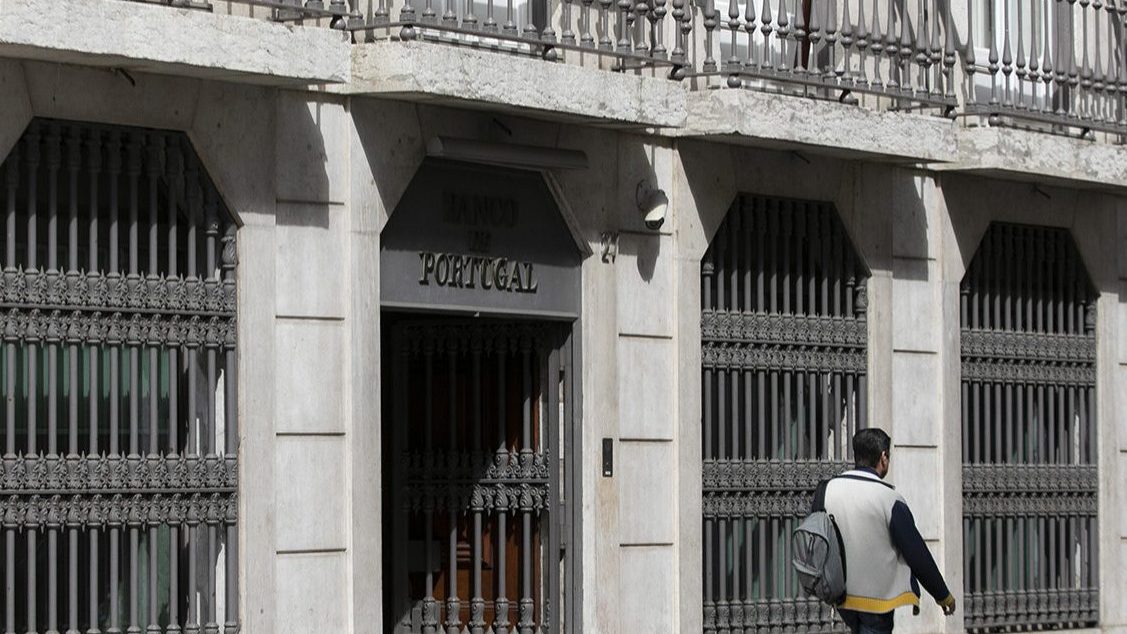Macroeconomic imbalances remain due to debt, tourism
The European Commission kept Portugal in the group of member states for which it considers an in-depth analysis of macroeconomic imbalances to be warranted.
The impacts of the pandemic crisis on debt and tourism led the European Commission on Wednesday to keep Portugal in the group of member states for which it considers an in-depth analysis of macroeconomic imbalances to be warranted, also pointing to the “high level of bad debt”.
When adopting today the second part of the “spring package” of the European half-year of economic and budgetary policy coordination, still at a time of economic crisis caused by the Covid-19 pandemic, the EU executive approved the alert mechanism report, which identifies the member states that Brussels considers should be particularly monitored, keeping Portugal on this list of 12 countries.
“Portugal is registering imbalances. Vulnerabilities are related to large stocks of net foreign liabilities, private and public debt and the still high level of non-performing loans in a context of low productivity growth,” the European Commission said in the document.
The institution added that “public debt increased substantially in 2020 due to the recession and the support measures put in place to cushion the impact of the crisis.” However, it predicts that it “will fall moderately this year and next year as budget deficits are reduced.
Also highlighted by Brussels is the “major impact of the Covid-19 crisis on tourism, including for the near future” in Portugal, with the institution noting that “the current account has turned into a deficit driven by the impact […] on tourism”.
Furthermore, “following the rapid deleveraging of recent years, private debt increased in 2020, reflecting a sharp fall in GDP [Gross Domestic Product] and corporate financing needs in light of the crisis, while there was a growth in mortgages,” it said.
The European Commission also notes that “the risk of non-performing loans increases when temporary support measures are phased out”.
In addition to Portugal, the alert mechanism report recommends in-depth analyses to determine the gravity of the macroeconomic imbalances of Croatia, France, Germany, Ireland, the Netherlands, Romania, Spain and Sweden.
On the other hand, three member states continue to record excessive imbalances, such as Cyprus, Greece and Italy.
In its position released today, the EU executive notes that “the implementation of the Recovery and Resilience Mechanism will be instrumental in reducing existing macroeconomic imbalances as it will support reforms and investments that address the challenges identified over the previous six-month cycles,” about the post-pandemic crisis recovery fund.
“The main sources of imbalances are largely the same as a year ago, but the risks have increased. While the Covid-19 crisis has not fundamentally changed the nature of member states’ imbalances, it has implied a setback in the reduction of these imbalances and may increase risks to macroeconomic stability,” Brussels added.


